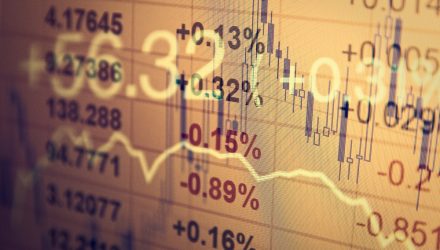Active management helps provide investors with dynamic capital allocation, and with the Fidelity High Yield Factor ETF (FDHY) that strategy can be applied to high yield debt.
As the world continues to conduct Covid-19 vaccinations, more investors are turning up the risk dial. Additionally, yields are starting to tick higher after reaching historical lows in 2020 as the pandemic took hold.
Now, as the economy heals, talks of future inflation is ramping up.
“With the key drivers of inflation pointing up, the prospect of even more fiscal stimulus in the U.S. and pent up demand propelled by high excess savings, it seems right for bond yields to catch-up with other more advanced reflation trades,” said Barclays Head of European Equity Strategy Emmanuel Cau.
The core strategy of FDHY is to seek a high level of income. The fund normally invests at least 80% of its assets in debt securities rated below investment grade (also referred to as high yield debt securities or junk bonds).
It uses the ICE® BofA® BB-B US High Yield Constrained Index as a guide in structuring the fund and selecting its investments as it relates to credit quality distribution and risk characteristics. The fund normally invests primarily in securities rated BB or B by S&P, Ba or B by Moody’s, comparably rated by at least one nationally recognized credit rating agency, or, if unrated, considered by FMRC to be of comparable quality.
Rising Yields Are Signs of Growth
High yield funds like FDHY can provide fixed income investors with an alternative to safer haven debt as yields tick higher. All in all, it’s a positive sign for the healing economy.
“If you think about rising bond yield(s) or stronger growth, or even a little bit more inflation at this point in the cycle — these are healthy signs,” said Julia Wang, executive director and global market strategist at JPMorgan.
Federal Reserve Chairman Jerome Powell has been testifying before the House Financial Services Committee and the Senate Banking Committee to discuss the state of the economy. While there are fears of inflation circulating in the capital markets, Powell said the environment has not reached a level to where inflationary pressures are substantial enough to warrant a shift away from the current easing.
“The supportive stance from policymakers will likely remain in place until the vaccines have paved a way to some return to normality,” said Shane Balkham, chief investment officer at Beaufort Investment.
For more news and information, visit the Smart Beta Channel.
